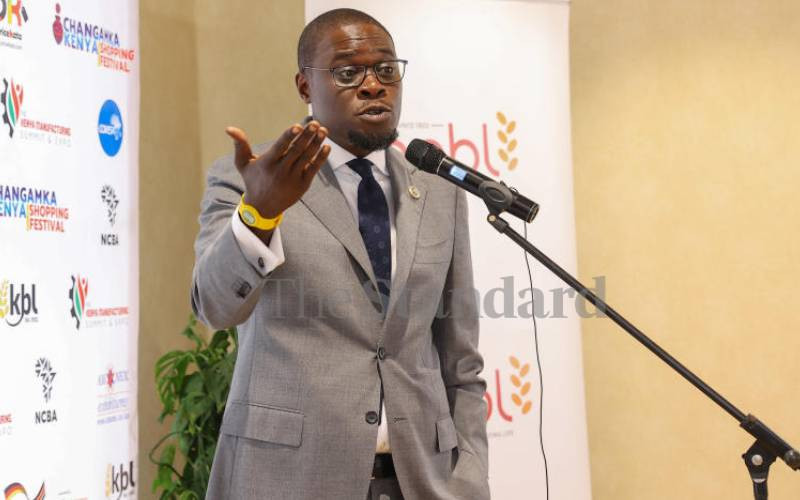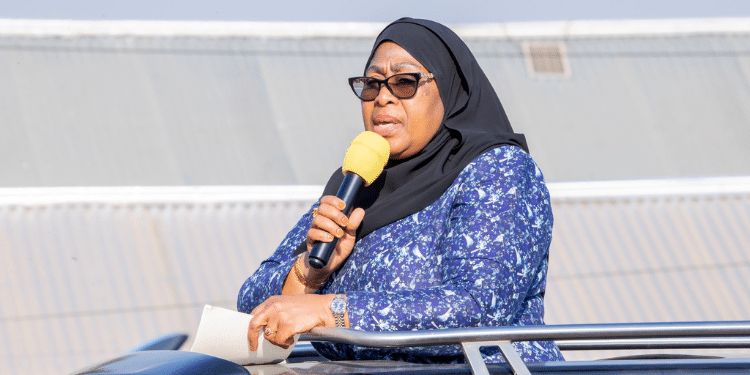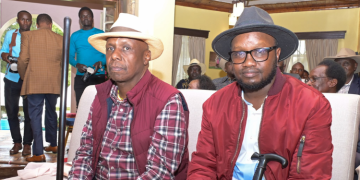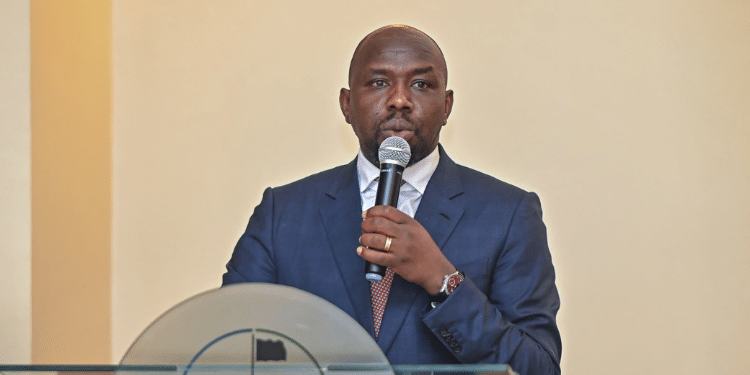The Kisii County Assembly passed a bill that will tax churches that hold night vigil prayers, commonly known as kesha.
According to the bill, the pastors will have to pay a fee of Ksh5,000 per week.
The bill also proposes that preachers who take to the streets to spread the gospel will have to part with Ksh2,000 per week to be allowed to minister to the public.
According to the bill, the fee will be even higher for preachers who use loudspeaker-equipped vans, who will have to fork out up to Ksh8,000 a week.
A section of the clergy in Kisii has condemned the move, saying that it is a betrayal of the community and that it is tantamount to taxing God. They argue that churches are not profit-making entities and should not be taxed.

Also Read: Sakaja Defends New Taxes Targeting Nairobians
However, some Kisii residents have welcomed the move, saying that it will help regulate preachers and churches that play loud music, especially in residential areas.
Notably the bill is still awaiting the signature of Governor Simba Arati. It remains to be seen whether he will sign it into law.
Street Preachers
In September, the county government of Nairobi proposed a bill to have a preaching fee in the streets. Pastors who had been preaching in public parks in Nairobi were to pay the county government Ksh1, 000 per day.
Notably, most of these preachers were visiting places such as Uhuru Park, especially during lunch hour, to spread God’s word.
Only those preaching at Jeevan Jee Gardens were to pay Ksh500 per day as those preaching in all other parks within the city would pay a flat rate of Ksh1, 000 per day to the county government.
However, the MCAs dropped the proposed preaching fees for all pastors and directed that the men of God be allowed to preach freely in October.
Also Read: Breakthrough for Pastor Ezekiel as Court Answers Prayers
Nairobi Governor Johnson Sakaja, speaking in July, said his administration was seeking to raise Ksh20 billion in revenue for the fiscal year 2023/2024.
He defended the high taxes noting that although things were tough for Kenyans, services had to be provided.
“We are alive to the fact things are tough, but we need to provide these services,” said Sakaja.










































































